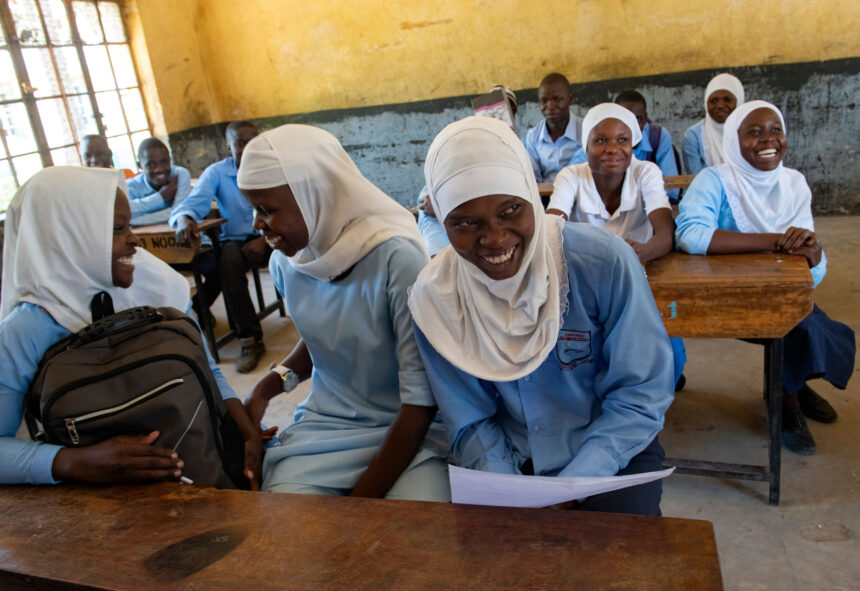
When asked about what could be the best investment for the future of humanity, a panel of experts had no doubts: investing in the education of girls.
A study by the World Bank found that every additional year of secondary education generates a 18 percent increase in a girl’s future earning power. And better education yields a “triple dividend”, improving not only girls’ present and futures lives but also those of their offspring: Unicef calculates that a child born to a mother who can read is 50 per cent more likely to survive past the age of five.
Unfortunately, according to Unicef, two-thirds of the world’s illiterate adults were women, and UNESCO estimates that 130 million girls between the age of 6 and 17 are out of school, and 15 million girls of primary-school age will never enter a classroom.
“If you educate a man
you simply educate
an individual,
but if you educate
a woman, you educate a whole nation”
Although the gender gap in education is still wide open in many regions of the world, access to basic and higher levels of education stands at 95 girls for every 100 boys globally (up from 92 in 2006), and women have become the majority of students in nearly 100 countries. However, despite these progresses, research by the World Economic Forum found that a better education doesn’t translate into women’s ability to access skilled or leadership roles.
The barrier seems to lie in persistent social expectations and more or less unconscious bias.
In traditional societies, adolescence is the period when gender disparities and stereotypes on social roles become entrenched – such as domestic labour being women’s work. This is the main reason why so many girls are forced to drop out of school too early to acquire the skills and qualifications they would need to secure better-paid jobs. This handicap is compounded by child marriage and early pregancy, that kill any chance of pursueing further education.
Thus, adolescence is the crucial moment in which education must fight prejudice and gender stereotypes with ideals of equality and especially of empowerment.
Because, as the Ghanaian scholar James Emman Aggrey said, “If you educate a man you simply educate an individual, but if you educate a woman, you educate a whole nation.”
More information in: